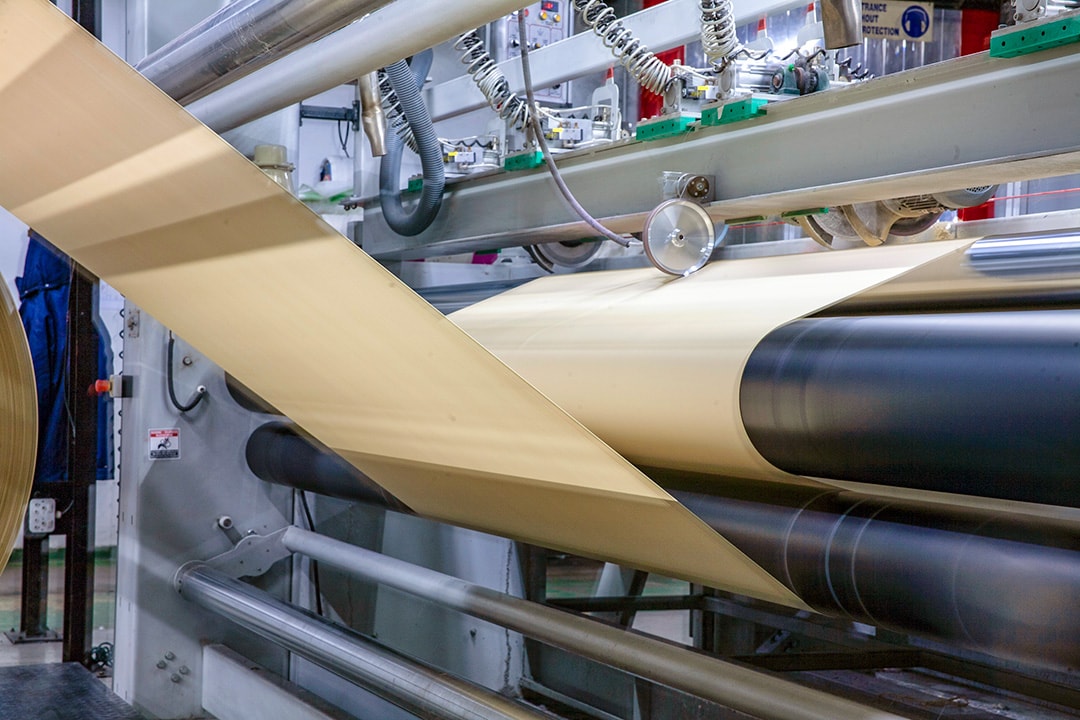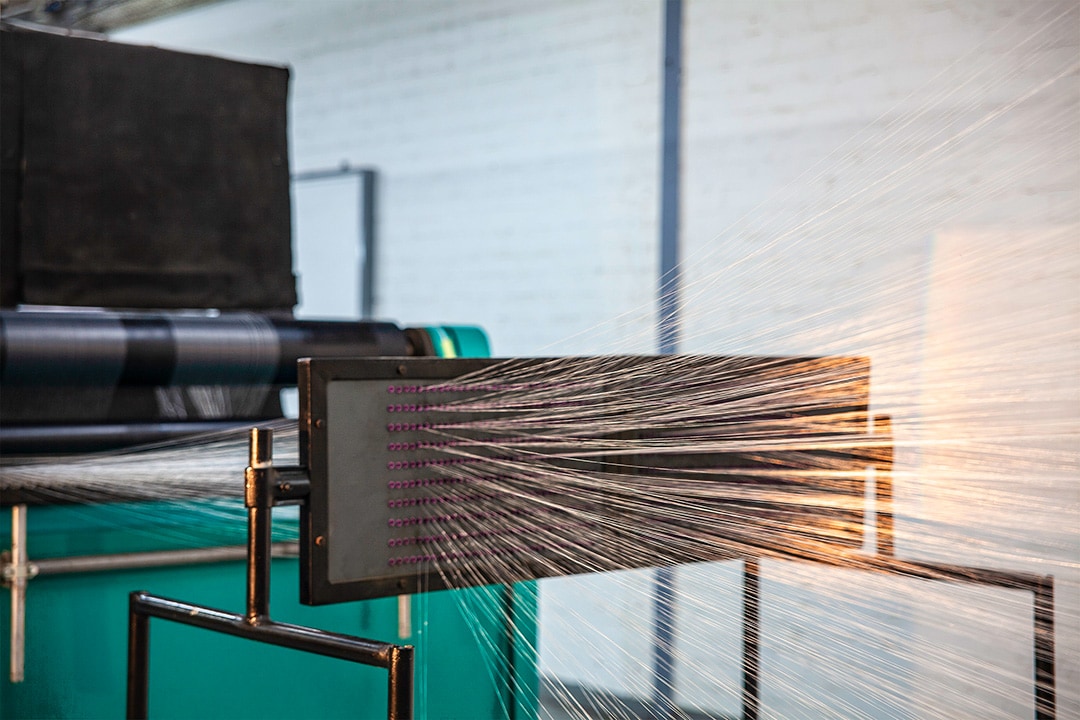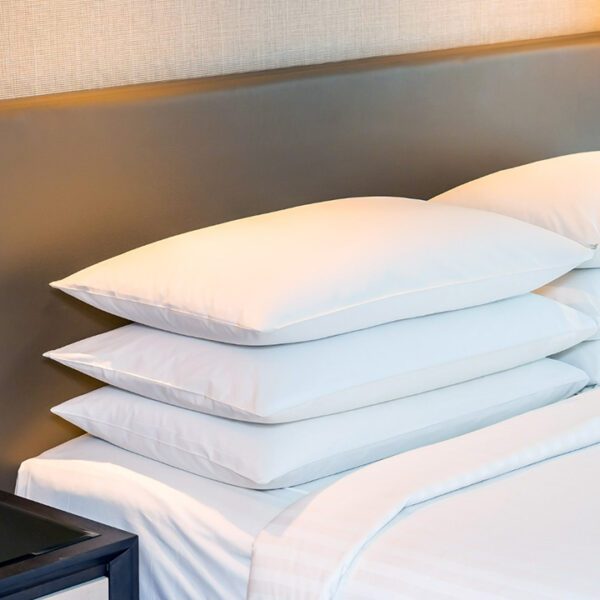The South African textile industry is a historic contributor to the national economy and is a major source of employment, particularly for women. Although most of the manufacturing facilities that produce various textiles are located in the Western Cape, KwaZulu-Natal, Gauteng and the Free State, the economic benefits from the industry help South Africa on a national scale.
The industry has existed since the mid-1900s and is rooted in a unique history of the cultural traditions of the various provinces of the country. In many remote areas, the textile industry is one of the only sources of formal employment and many families benefit from selling garments, fabric and traditional prints.
Having started in the 1960s, Romatex is now a leading manufacturer and supplier of stitch-bonded non-woven material in South Africa. There are many uses for this sustainable textile, but you might recognise it as recyclable shopping bags or vertical window blinds. Romatex currently employs around 270 people, of which 142 are women. The textile industry is vital for various reasons, which are outlined below.

Textile industry overview
The textile industry currently contributes about 14% of employment in the manufacturing sector, which employs an estimated 80 000 people. Textiles and fabrics are the 11th most exported goods from the country and the sector accounts for 8% of South Africa’s gross domestic product (GDP). This versatile sector has a unique blend of high-tech, modern manufacturing methods combined with traditional production processes.
As such, more than R18-billion has been invested in the textile industry since 1994, which has helped many businesses, including Romatex, to upgrade, modernise and expand their facilities and output. We currently have the capacity to manufacture two million square metres of stitch-bonded non-woven material every month, but this will increase from 2023 onward.
The South African textile industry is competitive on a global scale. However, the domestic benefits are more important as opportunities abound for both small businesses and large-scale local manufacturers. Despite massive job losses between 2000 and 2013, the industry has stabilised and in recent years, job growth has been experienced.
Government-sponsored programmes and massive investments from the private sector have allowed the textile industry to regain its competitiveness and assurance of quality and best practices. As a labour-intensive industry, textiles and fabric has been identified as priority sectors for South Africa’s industrial policies and support programmes.

Recent changes in the sector
In 2019, an industry-wide master plan was released to facilitate growth and procurement within the sector. This master plan also outlined how the country would respond to illegal imports of material and incentivise domestic manufacturing capacity. Since its release, the future of the industry has been made more clear, but then the global pandemic struck.
Covid-19 had an immediate impact on the textile sector. Lockdowns had a massive economic impact on the supply chain. Sales and trade slowed right down but the sector has bounced back since the end of the pandemic. E-commerce and online shopping were major saviours of the sector during this period, but mainly for clothing, garments and fashion – not so much for textiles and fabrics.
However, as the world becomes more eco-conscious, the outlook for sustainable textiles is looking good. Stitch-bonded non-woven material is made from recycled plastic bottles. In 2021, Romatex turned an estimated 54 million PET bottles into sustainable fabric. New uses for this eco-friendly textile are being found often, such as creating eco-bricks for houses and construction.
Stitch-bonded non-woven material makes up 60% of our annual turnover, but with recent investments into manufacturing equipment and capacity, this is likely to increase in the near future. For more information on our various products and textiles, please contact us today.
___
Romatex has been a leading manufacturer and supplier of stitch-bonded non-woven materials and homeware for over 50 years. Romatex is a Level 2 B-BBEE company that is owned by Deneb Investments Limited, a subsidiary of Hosken Consolidated Investments (HCI), which is listed on the Johannesburg Stock Exchange (JSE).
Our head office is based in Cape Town but we have branches in Gauteng, KwaZulu-Natal, the Eastern Cape and the Free State. For more information about our products, please contact info@romatex.co.za. Follow us on Facebook, LinkedIn and Instagram for our latest news and industry insights.

